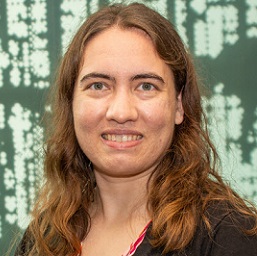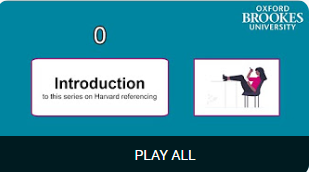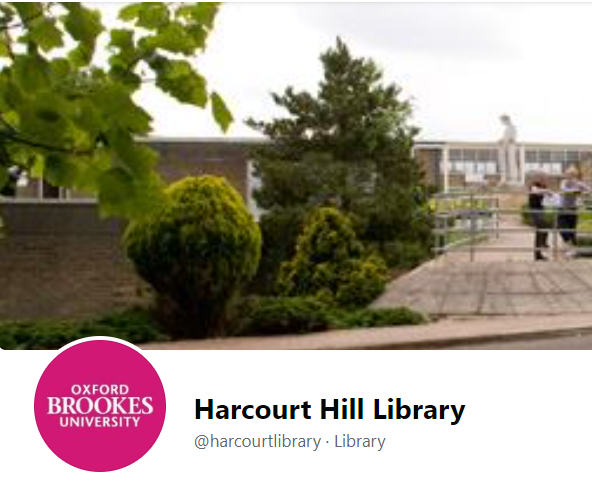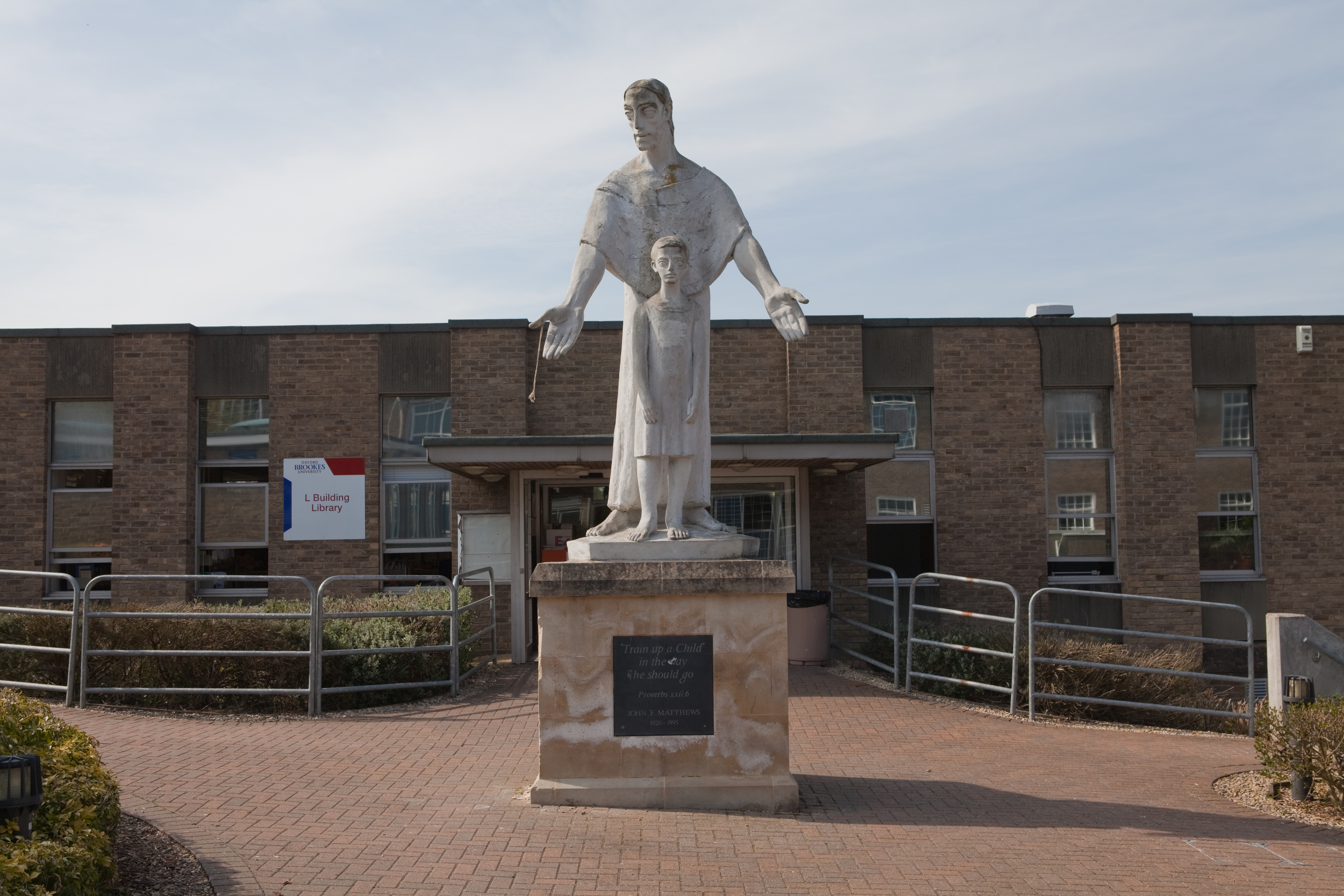- Citing your sources (also called referencing) is an essential part of your academic work and is explained fully on our library referencing webpage.
- The Library also has a printed guide to citing your references using the Harvard (Author-Date) system, available as a word file or PDF.
- You can also browse the Academic Integrity reading list which has a number of resources on plagiarism and academic misconduct, including the Academic Integrity Online Moodle course.
- Cite Them Right Online shows you how to reference a wide range of sources (books, journal articles, web sites) using exactly the same Harvard style used at Oxford Brookes.
- Endnote is a tool for storing and organising your references, and it will also work with Word or Pages to create a fully formatted bibliography from your reference library.
Course resource help for English Language and Linguistics
Search the Library
Quick access
Resources
Databases
You can use LibrarySearch to find journal articles: type in your topic and then use the search tools menu to limit the format to article. Guide to finding journal articles on a topic using LibrarySearch (PDF).
When you want to find more specialised and specific journal articles, you may want to try using a database. Searching a database will help you find journal articles (and sometimes books, book chapters, reports and other published materials) that are scholarly, academic and peer-reviewed, and suitable for your assignments and research.
Academic Search Complete
A full-text database providing full articles, with their accompanying indexing and abstracts, across a wide range of subjects.
Communication & Mass Media Complete
Undoubtedly one of the most important databases for Communication, Media and Culture. The database covers subjects such as advertising, broadcasting, communication, cultural studies, film, journalism, language and linguistics, mass media, radio, rhetoric and television.
Factiva
International news database providing archive of over 12,000 sources from 152 countries in 22 languages. Leading national newspapers, trade and professional journals, the BBC Monitoring Service (transcripts of world radio broadcasts) are all included. No data harvesting, systematic reviews, or large data exports are permitted - the supplier will suspend access if mass downloading is conducted.
JSTOR
This database provides an archive of full-text articles from a wide range of academic journals. JSTOR does not give access to issues which are less than 3-5 years old but is very useful for older journal articles
MLA International Bibliography with Full Text
References for modern language, literature, linguistics, folklore, film, literary theory and criticism, dramatic arts, historical aspects of printing and publishing. Listings on rhetoric and composition and the history, theory and practice of teaching language and literature. Coverage is international and includes full-text links. Covers material published since the 1920s.
Books and ebooks
Find all our books and electronic books using LibrarySearch. Search and then select Book from the Search tools menu on the left. You can further limit your search to eBook if you only want electronic books. More information about our electronic books can be found on the Ebooks webpage.
- Video guide to using LibrarySearch to find books
- Finding a book when you know the author/title - PDF
- Finding a book on a topic - PDF
Reading lists
- Module reading lists are a useful way to find the readings for your module. You can find your reading list on the Reading Lists home page by searching your module code, module name, or module leader's name. You can also find your reading list in the top right corner of the module page on Moodle.
- Be sure to check whether an item on your reading list is 'Essential', 'Recommended', or 'Optional' - that will help you prioritise your reading.
- Don't forget - reading list can also be a good starting point for finding resources for your assignments.
TV, film and newspapers
TV and film
- Box of Broadcasts - an off-air recording and media archive service that stores recorded TV and Radio programmes in an archive for all users to enjoy. The archive currently offers over 45,000 TV and radio programmes covering all genres. Users can record programmes, watch programmes from the archive, create clips and compile their favourite shows into playlists and share these with others.
- Screenonline is a service produced by the bfi (British Film Institute) which is dedicated to the history of film and television in Britain. It provides access to a range of resources including still images, analyses, biographies, posters, press books, student guides and pointers to resources for further study. Staff and students of Oxford Brookes can also access video clips and recorded interviews from the collections of the bfi National Film and Television Archive. Note that these clips can only be accessed from Brookes PCs - there is no off-campus access to these features.
Newspapers
- Factiva - international news database providing an archive of 10,000 sources from 152 countries in 22 languages. Leading national newspapers, local newspapers, trade and professional journals, the BBC Monitoring Service (transcripts of world radio broadcasts) and company financial data are all included. A guide to using Factiva to find newspaper articles is available.
- Full-text newspaper articles from UK newspapers, including film reviews, can be accessed through Lexis+. To search the database for news articles, select content and then newspapers. Make sure you choose newspapers, not news. You can use the search box on the newspapers page to search all UK national and local newspapers at once.
- Print newspapers: the British Library holds an extensive collection of UK and Irish Newspapers at the St Pancras reading rooms. You will need to register for a reader pass to visit the collection.
- News sources - more information and sources
Websites
- Library guide on Evaluating web sources
- British Academic Written English (BAWE) corpus: this is a corpus of student writing collected at the universities of Warwick, Reading and Oxford Brookes as part of the project 'An Investigation of Genres of Assessed Writing in British Higher Education'. The project was funded by the Economic and Social Research Council.
- British Psychology Society
- Centre for Forensic Linguistics: based at Aston University, this is primarily a research and teaching centre. However, there are a few resources, such a articles and papers, available to download.
- The Compleat Lexical Tutor: an excellent online collection of concordancing and other computer based tools that are used in the analysis of texts.
- The Internet Grammar of English: a useful tool for anyone interested in English grammar, although mainly written with university undergraduates in mind.
- An Introduction to Conversation Analysis: tutorial written by Charles Antaki.
- Subject Centre for Language, Linguistics and Areas Studies (L.L.A.S.): this is a publicly funded centre designed to assist people in the pursuit of language and linguistics. Contains a wide range of materials and information.
Need help? Contact your librarian
Please get in touch if you have any queries about:
- finding information and resources for assignments
- finding online resources
- referencing your sources

Ashley works hybrid, so will sometimes be on campus (at either Headington or Harcourt Hill) and sometimes working from home. The best way to contact her is through email.
If you need a 1-2-1 appointment, we can then arrange one either face-to-face or via Zoom.





